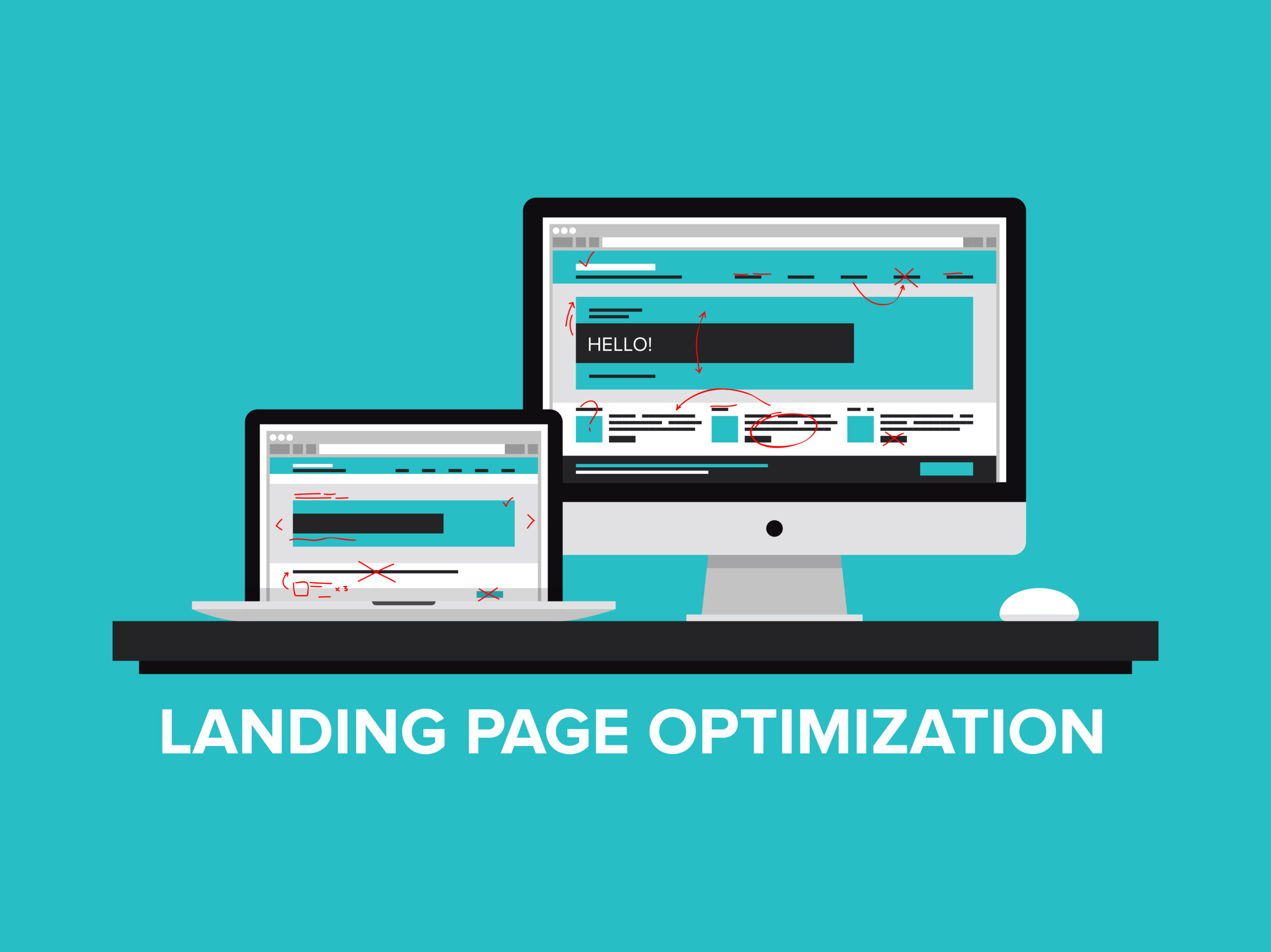Google Chrome Gets Serious About HTTPS for Website Security
November 1, 2022Google’s Chrome browser recently ramped up website security, so unless you keep your site current with industry encryption standards, it could hurt your standing in the search engine rankings.
Specifically, Chrome has begun flagging sites as “Not Secure” if they haven’t upgraded to HTTPS protocol. Not only do search engines penalize you for not having these protocols in place, but your prospects and customers are more likely to avoid your site due to security concerns.
Understanding HTTP and HTTPS
The World Wide Web uses a set of rules known as HTTP (HyperText Transfer Protocol) to transfer information over the internet. For example, if you click on a hyperlink, HTTP dictates that you will be taken to the URL associated with that link.
HTTPS (Hypertext Transfer Protocol Secured) is the same thing, but includes the addition of a Secured Sockets Layer (SSL) to protect transferred data. HTTPS uses a three-layer protocol, which delivers three specific types of protection:
- Encryption – Encryption ensures that data exchanged between the site and its visitors cannot be tracked, stolen or eavesdropped upon.
- Authentication – Authentication verifies for site visitors that they’re on the site they intended, and not the victim of a man-in-the-middle attack.
- Data Integrity – Data integrity ensures that any data exchanged between the site and site visitor has not been modified or corrupted.
To put it more simply, this layer of security protection indicates to anyone visiting your site — namely your customers and prospects — that you have taken the steps necessary to protect them from anyone who might want to track their activity, steal their sensitive data or infect their computer with malware.

Google and the HTTPS Ranking Signal
Having a secure website isn’t just important for your potential visitors — it’s also becoming increasingly important to the search engines. Because Google ultimately puts the needs and well-being of its users first, its algorithm offers some perks to sites using HTTPS protocol.
Google began favoring HTTPS sites over their less-secure counterparts in 2014. However, the weight given to this ranking signal was originally slight, especially as compared to other critical ranking factors such as good content, backlinking and on-page optimization.
Over time, Google gradually increased the weight of this ranking factor, making the HTTPS site element increasingly more important for indexing.

How the Recent Google Chrome Security Changes Affect You
Recently, Google’s Chrome browser began clearly marking all non-HTTPS sites “Not Secure.”
This means that, when a potential site visitor attempts to access your site from Chrome, they will see this warning prominently displayed in the browser’s address bar. In reality, this cautionary notice doesn’t mean that your site has been compromised, only that you haven’t yet added SSL protection. However, potential users — most of whom are justifiably obsessed with keeping their computers and personal information safe — are likely to move on to one of your competitors who has implemented HTTPS, especially if they don’t really understand what the warning means.
In fact, e-commerce cart abandonment and visitor bounce rate are both highly influenced by whether visitors can determine that your site is secure and trustworthy.

As of mid-2018, only about one-third of all websites have adopted the HTTPS protocol. However, that number is growing rapidly, particularly among the internet’s most high-profile sites. In fact, although only 33.5 percent of all sites use HTTPS, more than 80 percent of the top 1,000 websites have adopted the extra layer of security.
So if you want to protect your search engine rankings and inspire trust in your customers and prospects, it may be time to seriously consider upgrading your site — especially since it’s relatively simple and affordable.
How to Secure Your Site with HTTPS
You can protect your site and its visitors — and provide your prospects and customers with the confidence they need to give you their business — by adding encryption to your site. And because your site’s search engine rankings will likely depend on having encryption eventually, it makes good sense to handle this task sooner rather than later.
To accomplish this, you must purchase an SSL certificate from a certificate authority (CA), typically your hosting company, and install it on your site. Next, you must perform a variety of site updates and modify all necessary settings.
You can check out Google’s instructions on how to update your website to HTTPS. However, these instructions may confuse even tech-savvy individuals. For a quick and easy HTTPS upgrade, your digital marketing specialist can handle the process for you.

SEO Werkz offers HTTPS upgrades to our clients as part of our comprehensive SEO and internet marketing services. Contact us today if you would like to learn more about how we can help preserve your Google rankings and increase consumer confidence by giving your website this important security update.






